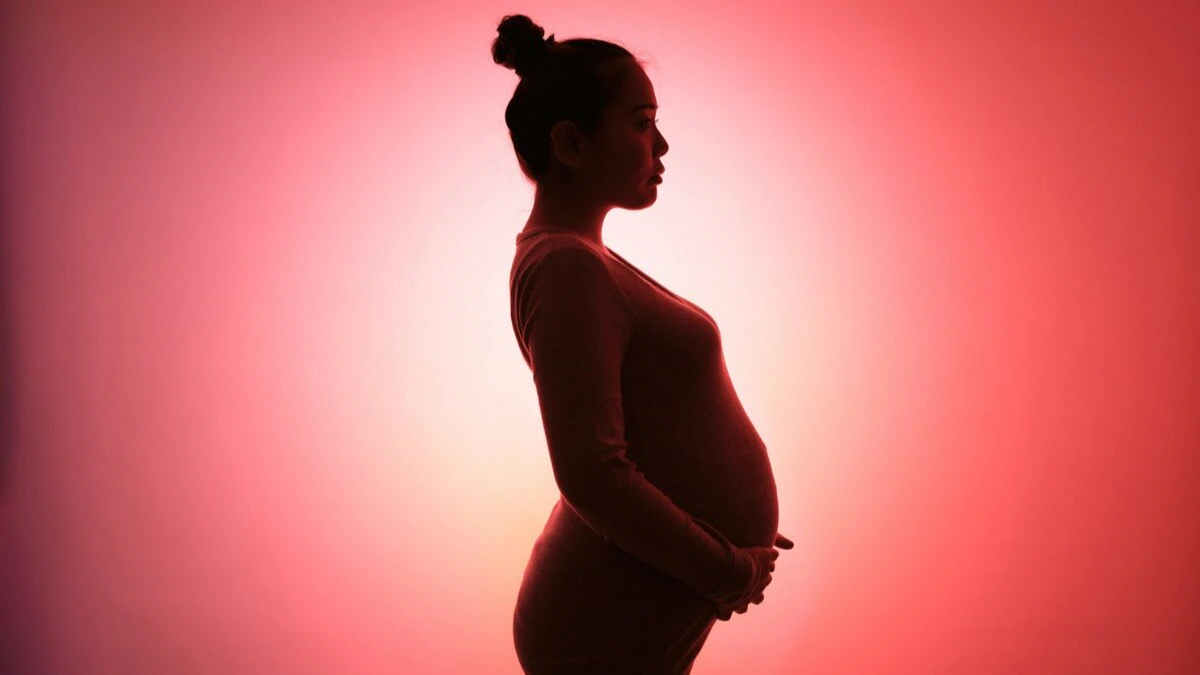Ramadan, the ninth month of the Islamic lunar calendar, is a sacred time for Muslims worldwide, marked by fasting from dawn until sunset. However, for pregnant women, the decision to fast during Ramadan raises important considerations regarding both religious observance and maternal health. While fasting is a deeply cherished practice, it is crucial for expectant mothers to prioritize their well-being and that of their unborn child. So, is it okay for pregnant women not to fast during Ramadan? Let’s delve into this complex question.
Religious Perspective:
In Islam, fasting during Ramadan is obligatory for adult Muslims who are physically and mentally capable. However, Islamic teachings also emphasize compassion, understanding, and the preservation of life. The Quran explicitly exempts certain groups from fasting, including those who are ill, elderly, traveling, or experiencing conditions that would make fasting detrimental to their health.
Pregnant women fall into this category, as fasting could potentially jeopardize both maternal and fetal health. Islam recognizes the importance of safeguarding the well-being of mothers and their unborn children, and thus, provides allowances for pregnant women to abstain from fasting if it poses a risk to their health or the health of the fetus.
Medical Considerations:
Pregnancy is a period of heightened nutritional requirements and physiological changes, with the developing fetus relying on the mother for essential nutrients and sustenance. Fasting during pregnancy can lead to dehydration, nutrient deficiencies, low blood sugar levels, and fatigue, which may negatively impact maternal health and fetal development.
Medical professionals advise against fasting during pregnancy, particularly if there are pre-existing health concerns or complications. Maintaining adequate hydration and nutrition is paramount for supporting maternal health, ensuring proper fetal growth, and reducing the risk of pregnancy-related complications.
Consultation and Individual Circumstances:
The decision whether to fast during Ramadan while pregnant is deeply personal and should be made in consultation with healthcare providers, religious scholars, and trusted family members. Factors such as the stage of pregnancy, overall health status, presence of any medical conditions, and individual tolerance to fasting must be taken into account.
Pregnant women are encouraged to prioritize their health and that of their unborn child, even if it means refraining from fasting during Ramadan. Islam places great emphasis on intention, and those unable to fast due to valid reasons are encouraged to make up for missed fasts at a later time or contribute to charitable causes as an alternative form of worship.
Alternative Acts of Worship:
While abstaining from fasting, pregnant women can engage in alternative acts of worship and spiritual practices during Ramadan. This may include increased prayer, recitation of the Quran, acts of charity, and seeking forgiveness. The essence of Ramadan extends beyond fasting alone, encompassing self-reflection, gratitude, and acts of kindness towards others.
In conclusion, the decision not to fast during Ramadan while pregnant is both understandable and permissible within Islamic teachings. It is essential for pregnant women to prioritize their health and the health of their unborn child, especially during this sacred time. Consulting with healthcare providers and religious scholars can provide guidance and reassurance, allowing expectant mothers to navigate Ramadan with peace of mind and spiritual fulfillment.
Ultimately, the mercy and compassion inherent in Islam accommodate the diverse circumstances of individuals, including pregnant women, affirming the principle that preserving life and well-being takes precedence over ritual observance. As such, pregnant women should approach Ramadan with a sense of reverence, gratitude, and mindfulness, embracing alternative forms of worship while nurturing their maternal and spiritual journey.


